GET TO KNOW US
HIGHLIGHTS
MEDIA
GET INVOLVED

REGIONS
INTERNATIONAL
PRESS RELEASE
CORE’s Direct Grant to Women’s Response Rooms in Sudan – A Lifeline Amidst Crisis
LOS ANGELES – July 2024 – CORE (Community Organized Relief Effort) has partnered with Sudanese Development Call Organization (NIDAA) to provide $80,000 in Group Cash Transfers (GCT) and services to support the vital efforts of Women’s Response Rooms (WRRs) in the nation’s capital, Khartoum. This partnership aims to strengthen the capacity of WRRs and ensure that critical cash assistance continues to reach the hands of those most vulnerable, as the crisis continues to push millions further into insecurity.
It’s been a little over a year since the outbreak of the conflict in Sudan that’s seen the onset of one of the globe’s worst humanitarian crises. Today, over ten million people have been displaced from their homes, and countless more find themselves on the brink of famine, having to navigate harmful conditions to survive.
Through CORE’s partnership with NIDAA, 11 local WRRs receive vital GCT support helping 1,400 women and their families. These WRRs have been an essential haven for many at a time when gender-based violence in conflict-affected areas has surged. Through this grant, these WRRs will continue their essential work, which includes healthcare delivery, daily nutrition, protection, and psycho-social support for women and children.

A woman receives a nutritional voucher in Khartoum to use with local vendors during a CORE-NIDAA distribution

NIDAA, with CORE, distributed nutritional vouchers in Khatroum to households with pregnant and lactating mothers and young children. (Photo by NIDAA)
With CGT support, the WRRs can increase their capacity to assess more women in need. They provide essential care and serve as spaces for women to feel secure, allowing them to obtain necessary care, including access to lifesaving medications and operations. Critical training on psychological fire aid will also ensure WRRs are better equipped to address the vast mental health needs of those who come to them to help process their war trauma, loss of daily life routines, and domestic violence.
These WRRs provide care and foster a sense of community for those who have already lost so much and live under the threat of violence nearly every day. Women can come together in these safe species to engage in discussion and solidarity as they navigate this difficult time. As this conflict continues, CORE is proud of its renewed partnership with NIDAA and the incredible, necessary, lifesaving work they do.
“Sudan’s volunteers, organizations and mutual aid groups serve as a model for the rest of us. Despite the callousness and lack of support from the world to the worst humanitarian crisis, regular citizens have banded together to save their own families and larger communities,” shares CORE CEO and Co-founder Ann Lee. “As this conflict continues and the humanitarian needs grow in Sudan, CORE is honored to partner with NIDAA and the WRRs, which are the only safe space for many women who have survived this crisis,” says Lee.
Founded after the 2010 Haiti earthquake by Sean Penn and Ann Lee, CORE (Community Organized Relief Effort) is a global humanitarian organization that empowers underserved communities in and beyond crisis. CORE’s community-powered work is informed and fueled by local hands. When crisis strikes, we listen, we learn, and we act to quickly fill gaps, mobilize resources, and develop long-term recovery solutions. With a focus on equity, CORE provides critical relief to marginalized and vulnerable people, from the frontlines of the COVID-19 pandemic and conflict in Ukraine to flood-impacted villages in Pakistan and beyond. Learn more about CORE’s work at www.coreresponse.org, and follow us on Facebook, Instagram, X, YouTube, and LinkedIn.
Learn more about CORE’s work in Sudan.
GET TO KNOW US
HIGHLIGHTS
MEDIA
GET INVOLVED

REGIONS
INTERNATIONAL

CORE is a charitable 501(c)(3) nonprofit organization. Federal tax ID: 27-1703237.
© 2024 | CORE – Community Organized Relief Effort | +1 (323) 934 4400
910 N Hill St Los Angeles, CA 90012